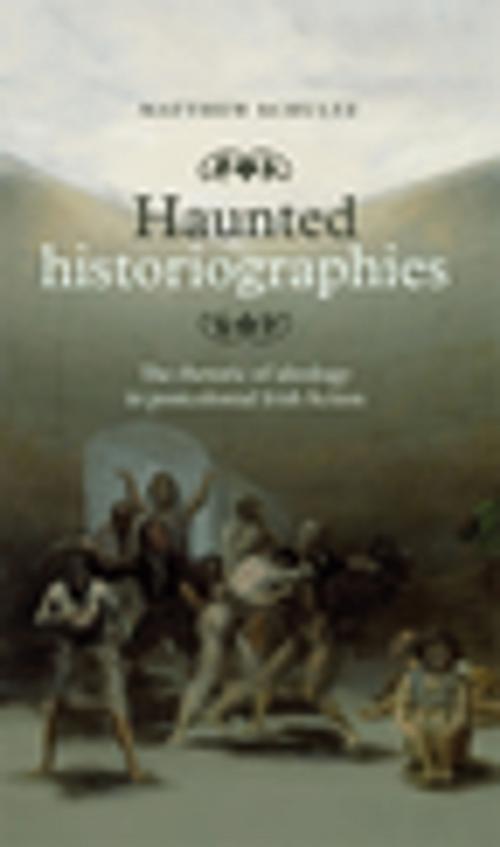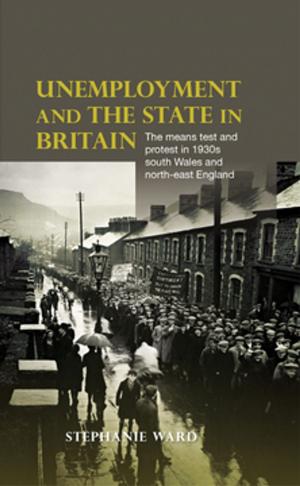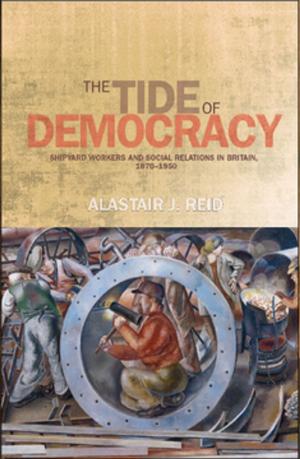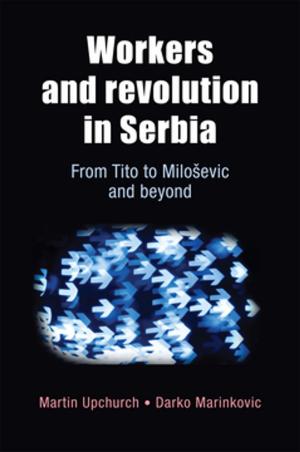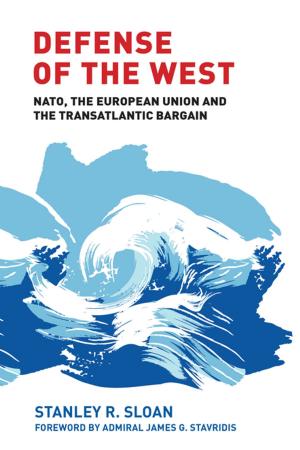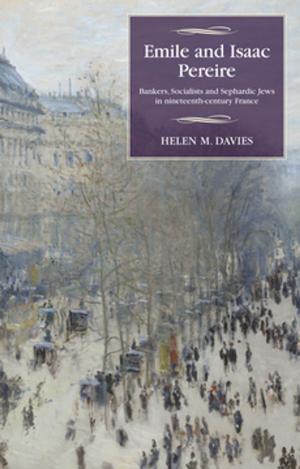Haunted historiographies
The rhetoric of ideology in postcolonial Irish fiction
Nonfiction, History, Modern, 20th Century, Fiction & Literature, Literary Theory & Criticism| Author: | Matthew Schultz | ISBN: | 9781526111180 |
| Publisher: | Manchester University Press | Publication: | May 16, 2016 |
| Imprint: | Manchester University Press | Language: | English |
| Author: | Matthew Schultz |
| ISBN: | 9781526111180 |
| Publisher: | Manchester University Press |
| Publication: | May 16, 2016 |
| Imprint: | Manchester University Press |
| Language: | English |
The spectres of history haunt Irish fiction. In this compelling study, Matthew Schultz maps these rhetorical hauntings across a wide range of postcolonial Irish novels, and defines the spectre as a non-present presence that simultaneously symbolises and analyses an overlapping of Irish myth and Irish history. By exploring this exchange between literary discourse and historical events, Haunted historiographies provides literary historians and cultural critics with a theory of the spectre that exposes the various complex ways in which novelists remember, represent and reinvent historical narrative. It juxtaposes canonical and non-canonical novels that complicate long-held assumptions about four definitive events in modern Irish history – the Great Famine, the Irish Revolution, the Second World War and the Northern Irish Troubles – to demonstrate how historiographical Irish fiction from James Joyce and Samuel Beckett to Roddy Doyle and Sebastian Barry is both a product of Ireland’s colonial history and also the rhetorical means by which a post-colonial culture has emerged.
The spectres of history haunt Irish fiction. In this compelling study, Matthew Schultz maps these rhetorical hauntings across a wide range of postcolonial Irish novels, and defines the spectre as a non-present presence that simultaneously symbolises and analyses an overlapping of Irish myth and Irish history. By exploring this exchange between literary discourse and historical events, Haunted historiographies provides literary historians and cultural critics with a theory of the spectre that exposes the various complex ways in which novelists remember, represent and reinvent historical narrative. It juxtaposes canonical and non-canonical novels that complicate long-held assumptions about four definitive events in modern Irish history – the Great Famine, the Irish Revolution, the Second World War and the Northern Irish Troubles – to demonstrate how historiographical Irish fiction from James Joyce and Samuel Beckett to Roddy Doyle and Sebastian Barry is both a product of Ireland’s colonial history and also the rhetorical means by which a post-colonial culture has emerged.
